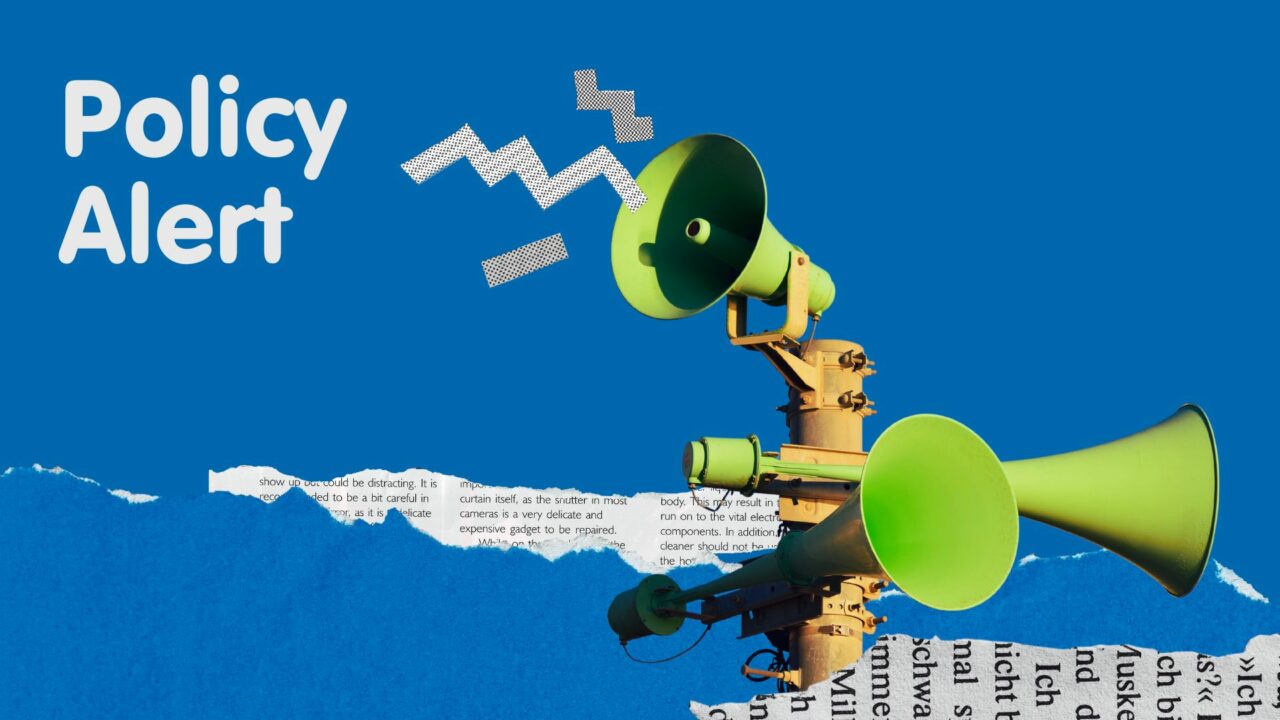Russia’s regional elections: A prelude to Putin’s future
In August, Russian presidential spokesman Dmitry Peskov described the country’s regional elections as “expensive bureaucracy”. While Peskov later clarified his statement, it epitomises the Kremlin’s approach: election outcomes are predetermined – the only uncertainty is about the methods used to ensure results. So, while these elections do not represent the voting behaviour of the Russian people, they do give insight into how the Kremlin will structure the 2024 presidential campaign.
Manipulation at play
The ruling United Russia party (UR) won 15 out of 16 party-list elections for regional parliaments and 19 out of 21 gubernatorial elections, with minimal real opposition, and almost all parliament party candidates openly supporting the war on Ukraine.
These favourable results for the Kremlin were achieved through a mix of traditional and emerging manipulation techniques:
- Increasing repression since the war has allowed the Kremlin to quash any remnants of real opposition. Although fewer candidates were denied registration this year, formal competition has been further reduced. Previously, registration denial was the Kremlin’s primary tool for eliminating opposition candidates, especially Alexei Navalny’s supporters. This year, however, most opposition candidates were unable to participate in the elections because they are either in exile or detention.
- Voting expanded from one day to three, complicating independent election observation and allowing more time for mobilising “administratively dependent voters” – those who work for corporations or organisations dependent on the state.
- Despite criticism, remote electronic voting (REV) – which is especially vulnerable to manipulation – expanded to 25 regions with President Vladimir Putin’s endorsement, especially in areas with expected challenges. Due to REV, Moscow’s mayoral election had a record turnout of 42.5 per cent as opposed to the usual 30-33 per cent.
- Key independent observer Golos faced challenges, including the arrest of its leader, Grigory Melkonyants, before the elections, and legislative changes further restricted observation opportunities.
- The Kremlin also held ‘elections’ in the Russian-occupied Ukrainian territories, after pushing through a candidate list assembled by parliamentary parties. Here, turnout was artificially inflated by an extended voting period of 11 days and “extraterritorial polling stations”. UR won in all four occupied territories, ‘legitimising’ their annexation and integrating them into Russia’s political and legal framework.
UR’s election performance improved even in regional parliaments where, just a few years earlier, it had lost to the Communists on party list votes largely due to a deeply unpopular pension reform. In just two regions previously elected Communist Party governors held on to power. In one of them, Khakassia, the Kremlin was forced to withdraw its candidacy days before the election to avoid the defeat of a government candidate positioned as a “veteran of the war in Ukraine”. In the other, Orel, the governor is unwaveringly loyal to UR despite not being in the party. This suggests that despite the Kremlin’s absolute dominance it cannot quite guarantee a victory – but is getting extraordinarily close.
A glimpse at the presidential campaign
These regional elections suggest that strong turnout and overwhelming support for Putin in the 2024 presidential election is highly likely, alongside a campaign that will emphasise his role in ‘defending Russian sovereignty’ amid Western pressure. To achieve this, REV will likely expand further, particularly in protest-prone regions. Sham election tactics like ‘extraterritorial polling stations’, extended voting periods, and intimidating independent observers may also be used to manufacture support from occupied territories, as seen in these elections.
The European Council on Foreign Relations does not take collective positions. ECFR publications only represent the views of their individual authors.



